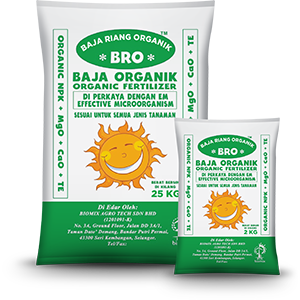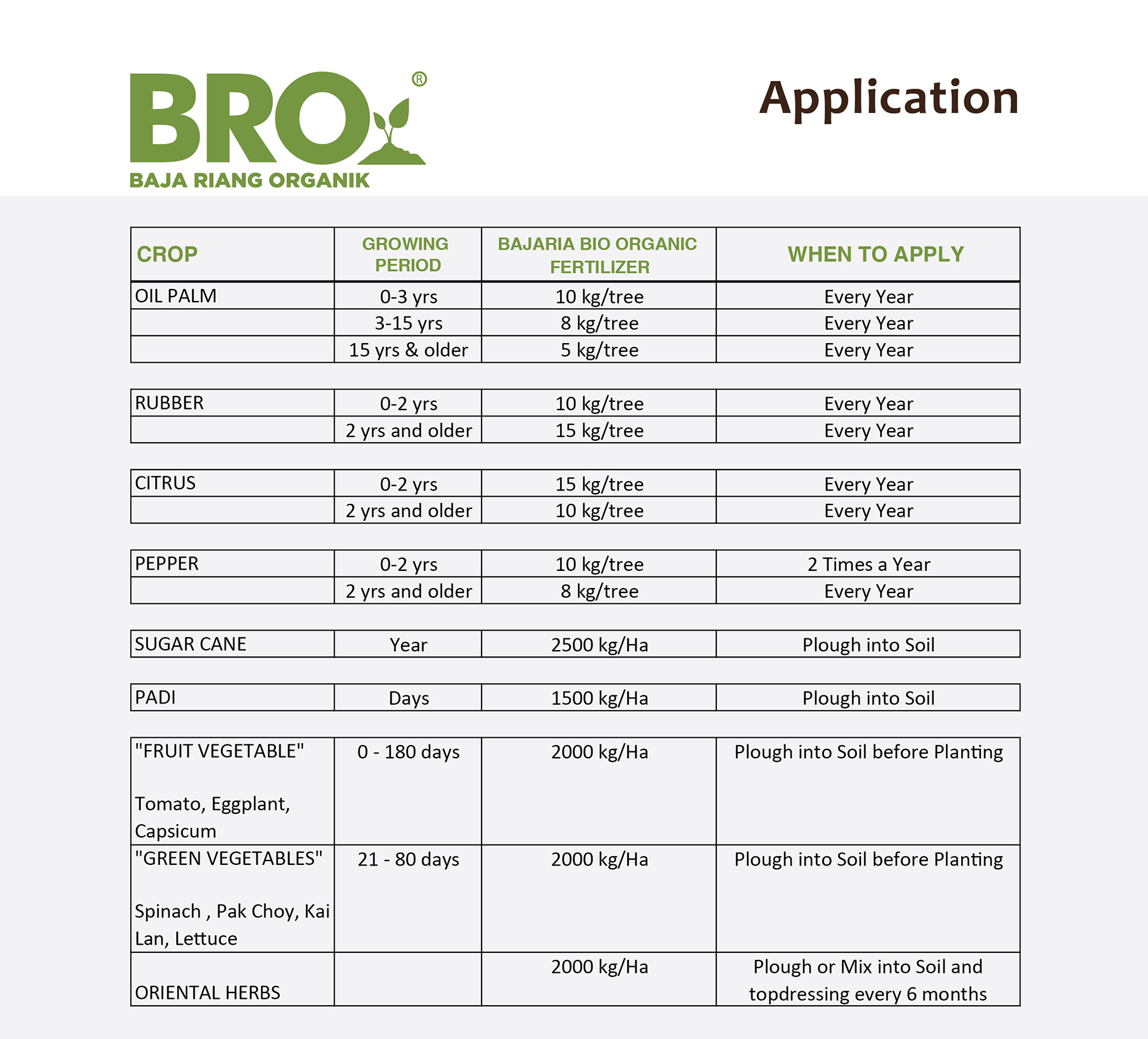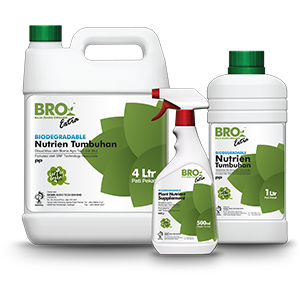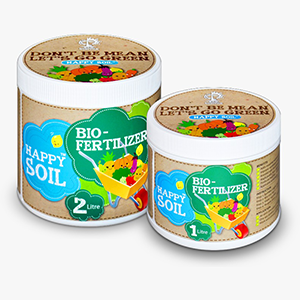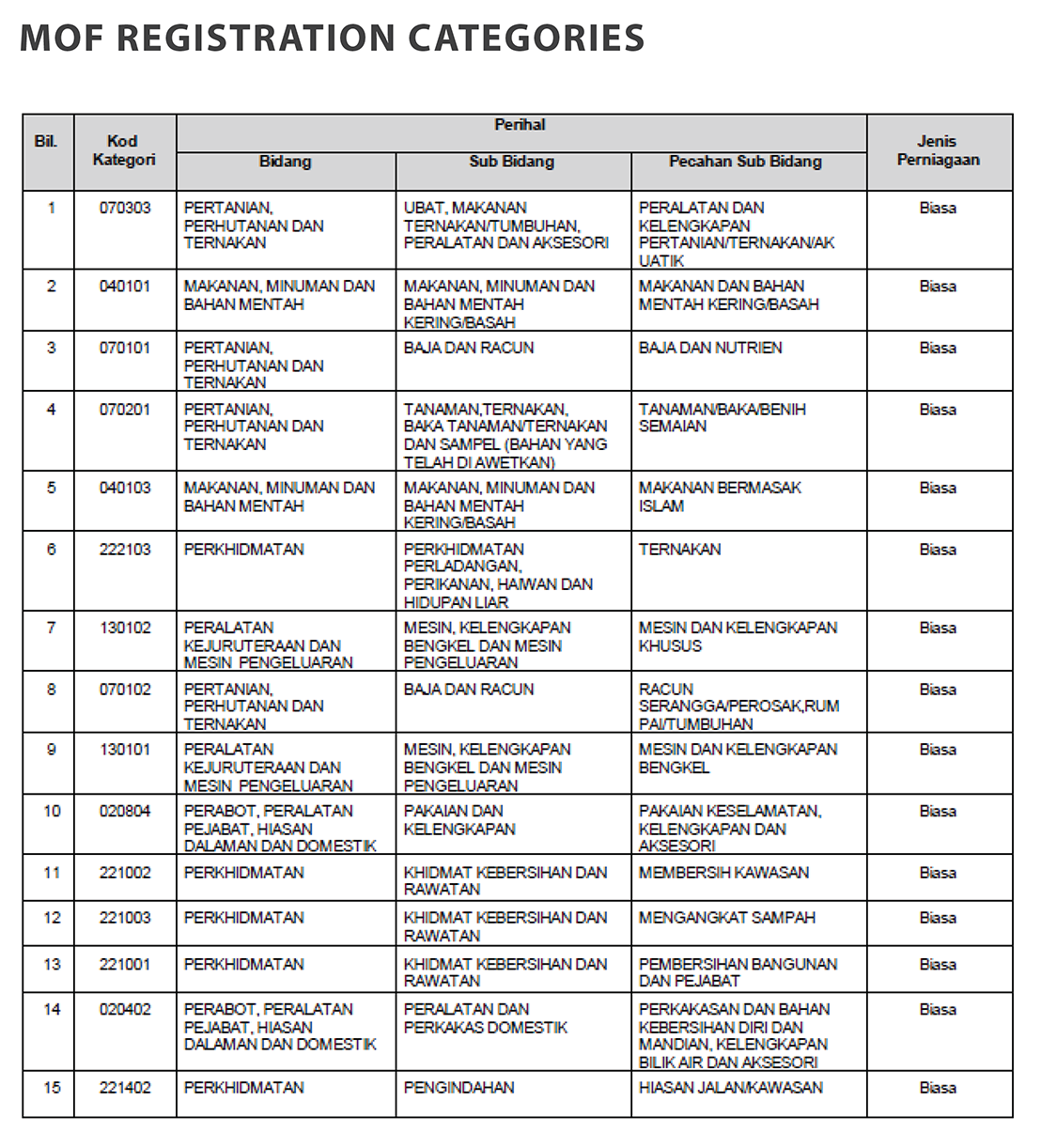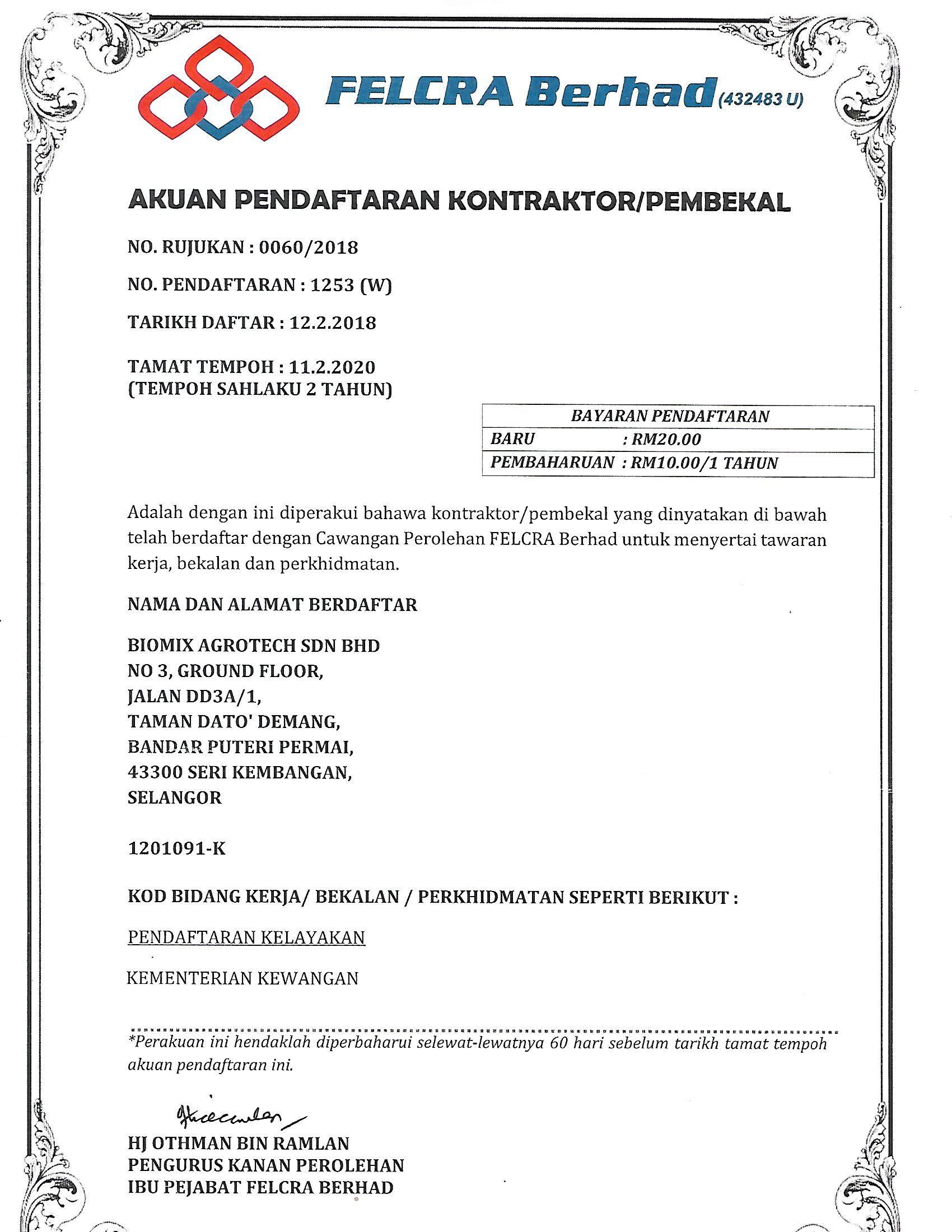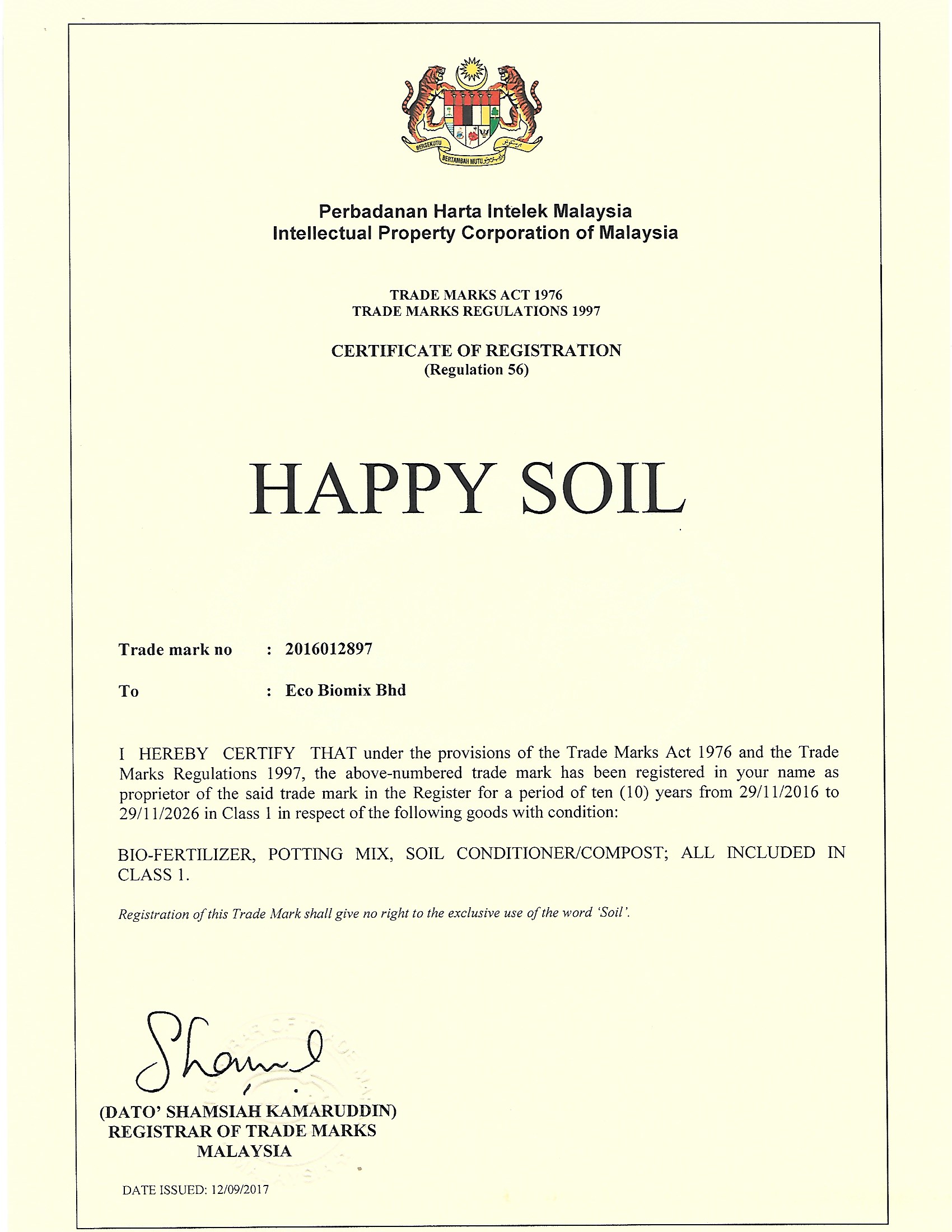Soil acidification is a natural process in high rainfall environments where leaching slowly acidifies soil over time. Intensive agriculture can speed up soil acidification through many processes such as increasing leaching, addition of fertilizers and abrupt removal of produces.
Long-term use of fertilizer poses adverse impact to soil, for instance it changes the soil pH, upset beneficial microbial ecosystems, and contribute to the release of greenhouse gases. Nitrogen fertilizer is the main nutrient affecting soil pH. Many types of inorganic fertilizers are highly acidic, which in turn often increases the acidity of the soil, thereby reducing beneficial organisms (antibiotic-producing bacteria, mycorrhizal and other fungi) and stunting plant growth. The use of excessive fertilizers also jeopardizes the health of bacteria that fix the nitrogen balance in the soil.
The presence of acids (released from fertilizer) in the soil creates a damaging effect on soil known as soil friability. Acids in soil dissolve soil crumbs which help to hold together the rock particles (Soil crumbs result from the combination of humus and decomposed natural materials, with clay; and it is essential to soil drainage and porosity). As the chemicals in the fertilizers destroy soil crumbs, the result is a highly compacted soil with reduced drainage and air circulation.
With bio-fertilizer, nutrients cycling is increased and the retentive abilities of the soil for nutrients and water are enhanced, compensating for the non-use of mineral fertilizers.













